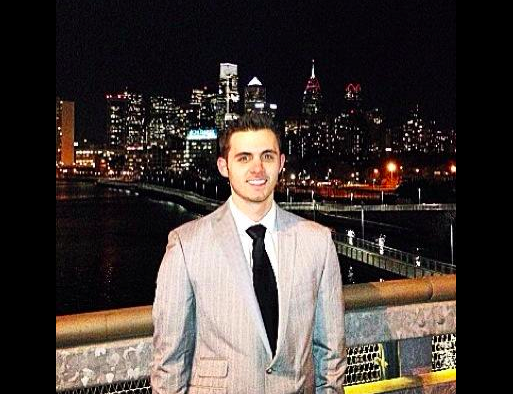John Forelli is 24 years old and lives in Philadelphia. He worked a stuffy corporate job out of college before quitting to write this novel. He enjoys drinking with friends at Fado and Tavern on Broad in Philly and boring them with existential ramblings. John's ideal day would be spent eating pizza and watching Game of Thrones down the Jersey Shore. Find out more at his website www.johnforelli.com/
John has dropped in to talk about simulations
We've all asked ourselves the question
before: “is this really happening?” We ask it after something bad happens—a
death in the family, a car accident, a 'D' on the midterm you studied super
hard for. We ask it after something good happens too—graduating high school,
your favorite team winning the championship, running into an old friend you
haven't seen in years. “Is this really happening?”
It's a common question—THE question—running
through the history of human thought. Plato asked it with his allegory of The
Cave. Descartes asked it when he wrote “cogito ergo sum.” Neo asked it in The
Matrix when he chose the red pill. Leo DiCaprio asked it in Inception each time
he spun that top. I'm asking it right now as I type this sentence. “Is this
really happening?” I ask it in my novel, The Simulations where a shy man uses computer simulations to figure out how to win over the
cute receptionist he likes.
The answer is that there is no answer.
We humans are blessed with the five senses
of touch, taste, smell, hearing, and seeing. They are the conduits to
everything around us. They are the building blocks with which we construct
reality.
We're also blessed with the miracle of
consciousness—the ability to form memories and conceive of ourselves as
abstract beings within that reality.
All of this—all taste, touch, smell,
hearing, seeing, and thinking happens inside our minds. We are imprisoned by
this, because “reality” is constructed inside our minds, and those same minds
are what we use question it. We can never be certain that reality is what it
seems because the same tool that constructs reality for us is the one that asks
THE question. We can't ask or answer a question we can't be sure exists in the
first place.
Our perception of reality is like watching
a live film of the projector that's projecting the film. It's a tautology we
can't escape because we're trapped in the movie theater of our own minds.
Descartes thought that by questioning his
own existence, he proved his own existence. I think that he was questioning the
existence of his own question.
Did Descartes really exist? Did his
question? Does mine?
Is this really happening? Did I really
publish this novel?
There's no way to know for certain. But if
you're going to be caught in an endless loop of questioning your own existence,
might as well read a book about it.


No comments:
Post a Comment